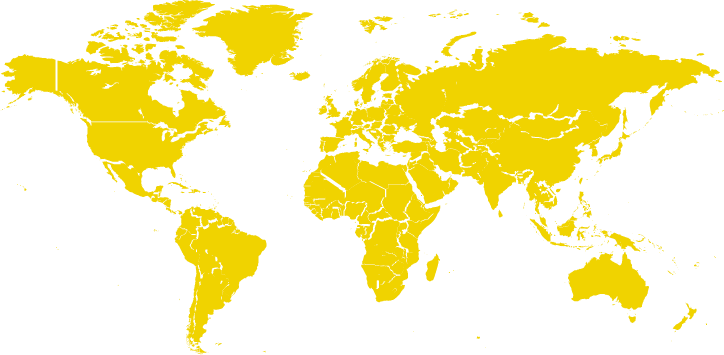
Above, a farmer in the Cheroponi region of Ghana cultivates a garden as part of Interfaith Power & Light's "Carbon Covenant" program to regenerate Ghana's forests and introduce alternative livelihoods in partnership with local religious communities. Photo by Redgie Collins.
The Rev. Canon Sally Bingham says she’s never had difficulty reconciling her environmental activism with her role as an Episcopal priest.
In fact, Rev. Bingham finds it hard to imagine how concerns about a changing climate, dwindling resources and loss of food security would not be absolutely vital to a person of faith.
“I think ecological stewardship is a priority for religious people. And if it isn’t, it should be,” said Rev. Bingham, founder and president of The Regeneration Project, a faith-based focus on the environment that has fostered both the Interfaith Power & Lightcampaign and California Power and Light, a URI Cooperation Circle based in the United States. “There’s no religion I know of that says it’s okay to wreck the earth.”
Born in 1998 as Episcopal Power and Light – a collection of California churches working together to purchase energy from renewable sources – Interfaith Power & Light now comprises more than 14,000 congregations in 39 states. Its initiatives include “Cool Congregations,” a campaign to help churches, mosques, synagogues and other houses of worship become more energy efficient; “Cool Harvest,” a program that encourages the use of locally-grown food sources in church suppers; and “Carbon Covenant,” an effort to help religious communities in Cambodia, Ghana and Tanzania rebuild their forests.
All three initiatives are based on the idea of a shared responsibility for protecting the world’s resources -- a sentiment with which Heidi Rautionmaa can agree. Ms. Rautionmaa, a Trustee of URI’s Global Council, is the coordinator of Faiths Without Borders, a multi-regional Cooperation Circle based in Finland. The CC is looking at five elements necessary for human survival – and how spiritual and religious attitudes can help promote a more equitable sharing of those resources.
“Religious and spiritual traditions have a vested interest in human welfare, have worked long against poverty and have much to add to the conversation on sustainability,” Ms. Rautionmaa said. “Topics such as privatization, industrial pollution and water rights are deeply moral issues.”
Last September, Faiths Without Borders began its exploration of the elements with Project Holy Drop!, an examination of water as a substance not only necessary to life, but sacred to every system of belief. In June, members of the CC brought together members of many religions, spiritual beliefs and indigenous traditions to discuss that relationship – and provide their own blessings over water – during a ceremony at Rio+20, the United Nations Conference for Sustainable Development in Rio de Janeiro, Brazil.
“Spirituality, with its holistic, religious dimensions, can promote the understanding of the intrinsic value of water – which can hinder its prodigal use,” said Dr. Reijo E. Heinonen, a professor of religious education who led the Faiths Without Borders presentation.
Religious organizations have the unique ability to comment on the political issues affecting the environment from a non-partisan perspective, Rev. Bingham said. And the universality of ecological issues can help those who might otherwise be divided by their views find common ground.
“I didn’t realize at first that one of the unintended consequences of our work would be bringing us together with Jews, Buddhists, Mormons and many others,” Rev. Bingham said. “If there’s one thing we can sit in agreement about, it’s that we are all stewards of creation.”
